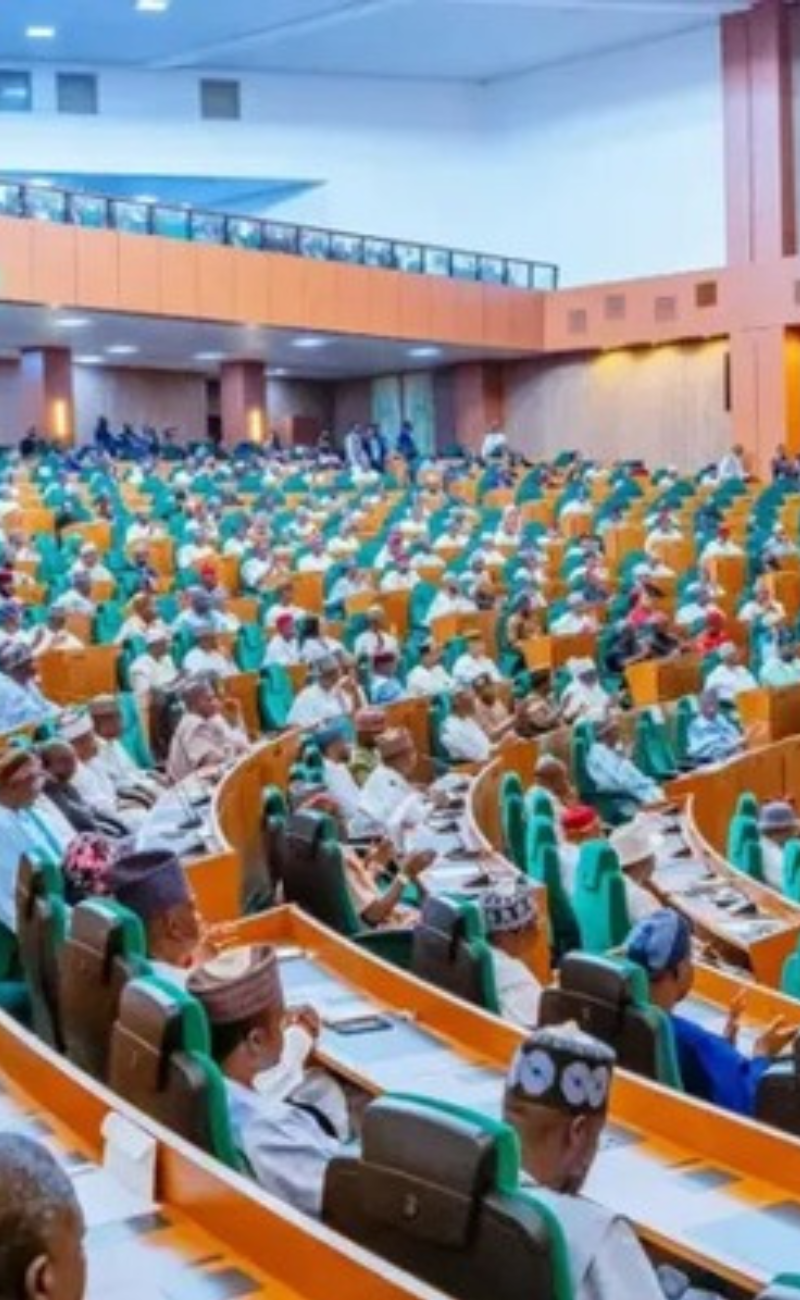On this episode of the Gender Equality and Social Inclusion (GESI) tracker, we shed light on a bill to improve women’s health through the proposed national hospital for women.
![]()
On the floor of the House of Representatives, Rep. Ikeagwuonu Ugochinyere (PDP, Imo) introduced a bill to establish a national hospital for women in Ideato, Imo state.
This proposed facility would specialize in the promotion of reproductive and maternal health, with a key focus on the prevention, treatment, sensitization, and research on obstetric fistula, a critical but often neglected maternal health condition.
The bill passed its second reading before the lawmakers went on annual recess, indicating growing legislative momentum toward gender-sensitive healthcare infrastructure.

Why This Bill Matters for GESI
This bill is a GESI-aligned intervention, with clear implications for the rights, dignity, and health of women, especially rural, poor, and underserved populations. Obstetric fistula is both a medical condition and a marker of inequality, often affecting women who lack access to safe childbirth and emergency obstetric services.
The urgency is especially evident in Imo state, where births in rural areas are attended by unskilled providers and suffer from poor access to maternal care. Many women experience preventable birth complications, and fistula survivors often go untreated, facing stigma and isolation.
The proposed hospital would provide life-saving services, raise awareness, and offer reintegration support, helping to address these gaps.
By proposing a national hospital focused on reproductive and maternal health, gender-targeted medical care, and public awareness and research,
This bill addresses structural barriers that have long excluded women from quality health services, particularly in low-resource and rural areas.

Inclusion Gaps and Opportunities
While this bill is gender-responsive, it could be strengthened by:
- Integrating disability-inclusive healthcare provisions (many women with fistula also suffer long-term disability),
- Including mental health and reintegration support for fistula survivors,
- Expanding the hospital’s mandate to serve women across socio-economic and ethnic divides, ensuring truly inclusive care.
Read Also: MIDTERM: Scorecard on Gender Equality and Social Inclusion | GESI Tracker
Gender Responsiveness
The gender responsiveness of this bill is as follows.
- Gender-Aligned Focus: The bill is directly centered on a gender-specific health issue, obstetric fistula, a condition that affects only women, particularly those from low-income, rural, or underserved communities. By targeting reproductive and maternal health, the bill advances key gender equity objectives in healthcare.
- Addresses Deep Systemic Barriers: It recognizes that many women in regions like Ideato, Imo state, suffer not just from poor access to maternal care, but also from stigma, exclusion, and preventable complications due to weak infrastructure and health inequity. Establishing a dedicated hospital would provide specialized care, increase access, and reduce maternal morbidity.
- Supports Rights-Based Service Delivery: This bill reflects principles outlined in Nigeria’s National Gender Policy and the Sustainable Development Goals (SDGs 3 and 5). It prioritizes dignity, access, and health equity, key markers of GESI-responsive governance.
- Potential for Multi-Dimensional Impact: Beyond clinical care, the hospital’s mandate for research, awareness, and prevention could contribute to long-term transformation in women’s health outcomes and community attitudes.
Conclusion
The establishment of a national Hospital for women in Ideato isn’t just a legislative milestone; it’s a bold step toward recognizing that women’s health is a matter of justice, not privilege. By focusing on one of the most neglected maternal health issues, obstetric fistula, this bill highlights the silent suffering of thousands of women across Nigeria who have been let down by the system.
If passed and effectively implemented, this bill could become a model for GESI-aligned infrastructure, inspiring future laws that prioritize not just access, but equity, voice, and inclusion in every sector
Watch this space as we continue to track its progress and advocate for broader social inclusion in all sectors




